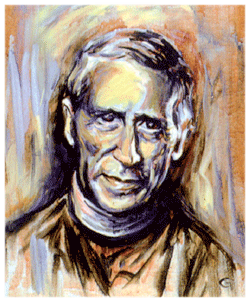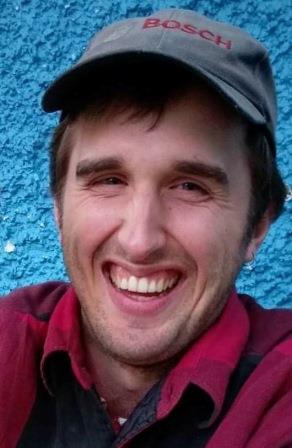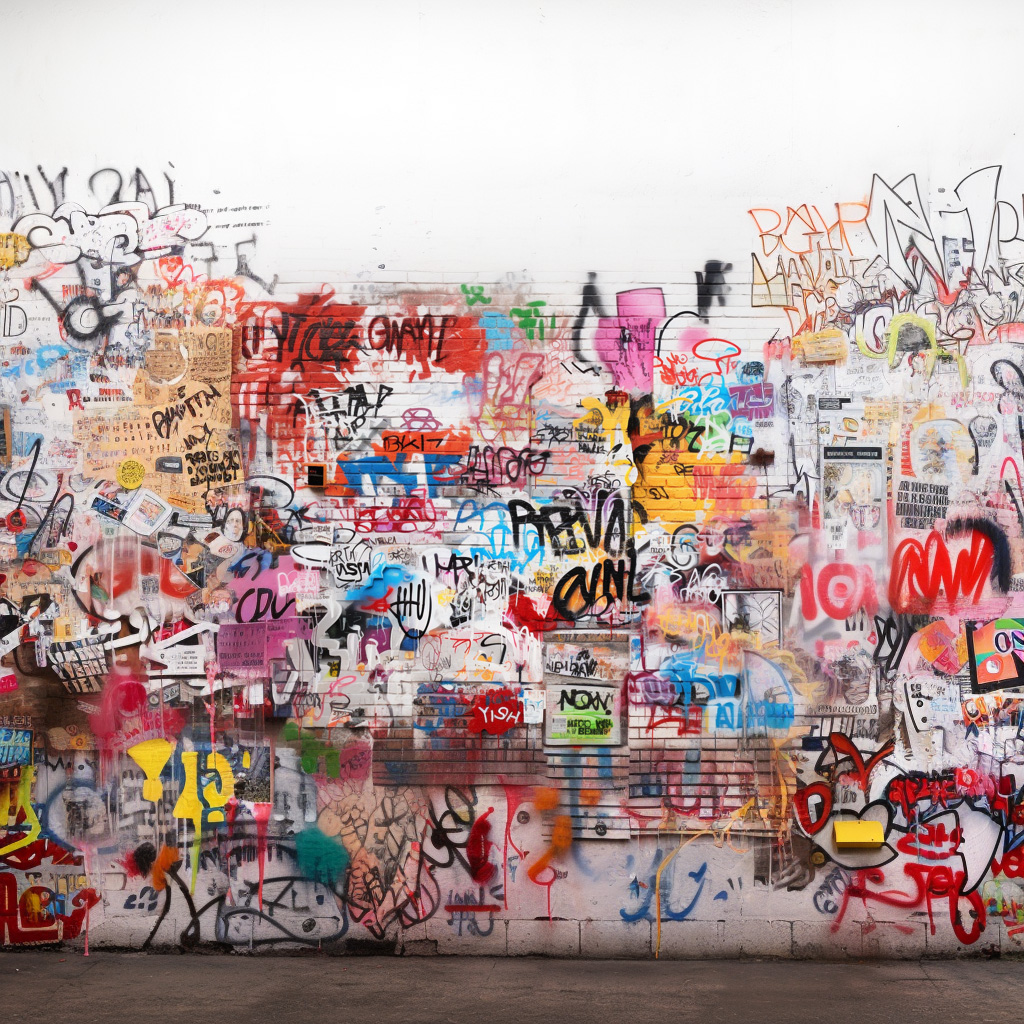Teilhard in the age of Trump
I was first introduced to Pierre Teilhard de Chardin’s cosmology at a bar in Wisconsin. I was a recently graduated senior out to eat with my parents, drinking a beer in public for the first time. I was still 18, but in western Wisconsin the legal drinking age is as obfuscated as Teilhard’s arduous writing.
The conversation turned to religion, as it often did in my family. I was raised in a household enmeshed in what Alice McDermott would call a “thick” Catholicism, with parents rooted in a liberal, post-Vatican II religious milieu. I was just beginning to seriously question my faith for the first time and its applicability to the postmodern, spiritual-but-not-religious world in which I was becoming an adult. While this questioning would ebb and flow for years, this conversation over pizza and beer was one of several very subtle and delicate moments that would, in the end, tether my heart to the chaos that is American Catholicism.
In response to my doubting a moral center to our universe and the uncertain state of our country amidst the final years of George Bush’s second term, my Dad pointed to Pierre Teilhard de Chardin, Jesuit scientist and evolutionary theologian, as a source for hope. He explained that Teilhard was convinced that evolution was not a random process, and it did not solely point to a biological reality. Instead, it was a way of seeing the entire cosmos that applied to our faith. Since the beginning of time we have been on a collective journey, with the entirety of created matter, toward love, toward total unification with God, toward the Omega Point.

My dad’s optimism, and subsequently Teilhard de Chardin’s, is now grafted into my worldview. Pierre’s positive understanding of creation and his undying hope in the coming Kingdom of God has proved to be especially important during this past year. Amidst the catastrophes of pending nuclear war and climate change, and the ever-growing wedge between the rich and poor, Americans have elected a white nationalist to the presidency.
Teilhard would understand the rise of Trump to be situated within, if not a culmination of, what he calls “an organic crisis in evolution.” In “The Human Phenomenon” Teilhard explains that, “There is a danger that the elements of the world should refuse to serve the world.” Usually ever-optimistic, he concedes that there is a possibility humans will not travel the course set for us through evolution, the path mapped out for us by God.
To avoid this catastrophe Teilhard argues that we must choose to surrender to the collectivization of consciousness, to fall into unification. Our proper participation in evolution and our arrival at the Omega Point is contingent on a new economic and social order; one that unifies, that eliminates economic and social differentiating and the privileging of certain categories of people. These divisions (facilitated by the interplay between capitalism, white supremacy, and patriarchy) are an impasse. They are a nonstarter, clogging our evolutionary journey and impeding our salvation. The establishment of a new order, which Teilhard’s work demands, must take on a new sense of urgency given the rise of Donald Trump and the divisions and violence he signifies. In the age of Trump, Teilhard reminds us that the evolutionary journey of the cosmos, which arches toward the unification of matter with God’s love, now lies in our hands.
About the Rabble Rouser:
 Joe Kruse, a friend of Sister Julia through the La Crosse, Wisconsin, community, is one of the founders of the Minneapolis Catholic Worker community in south Minneapolis, Minnesota. He grew up around Catholic Workers at the Place of Grace Catholic Worker community his parents helped start in La Crosse. Now he spends most of his time working at Rye House, one of the Minneapolis Catholic Worker hospitality houses. He also has invested a lot of time and energy into anti-frac sand organizing, leading discussions and workshops about structural racism and white privilege, and activism around racial and economic justice in Minneapolis.
Joe Kruse, a friend of Sister Julia through the La Crosse, Wisconsin, community, is one of the founders of the Minneapolis Catholic Worker community in south Minneapolis, Minnesota. He grew up around Catholic Workers at the Place of Grace Catholic Worker community his parents helped start in La Crosse. Now he spends most of his time working at Rye House, one of the Minneapolis Catholic Worker hospitality houses. He also has invested a lot of time and energy into anti-frac sand organizing, leading discussions and workshops about structural racism and white privilege, and activism around racial and economic justice in Minneapolis.





You got me hooked with this article. I signed up for future articles on the Franciscan site below to gets more of this. Disclaimer: I’m 84 but love to know what thoughts runs through the heart and minds of our younger generation.
Magy